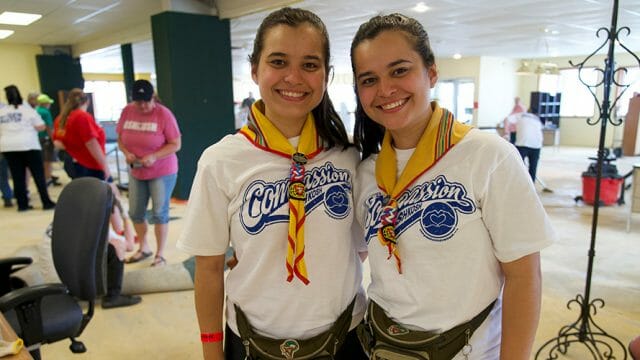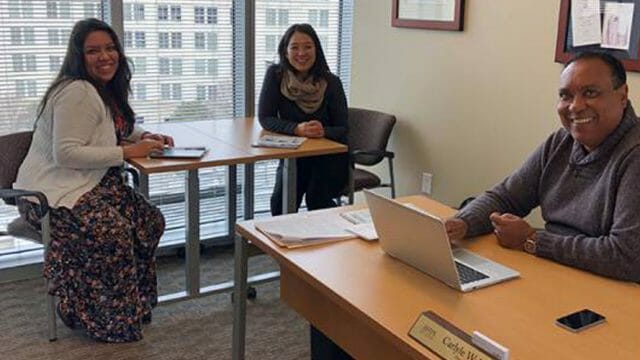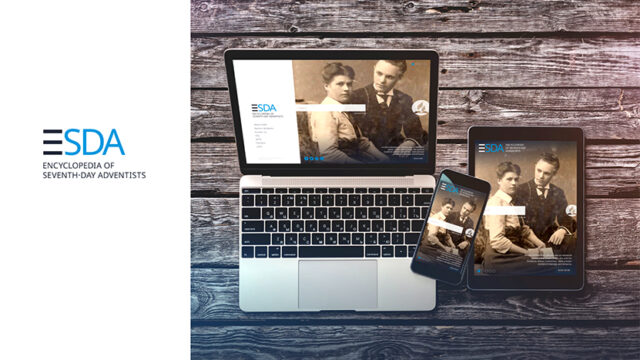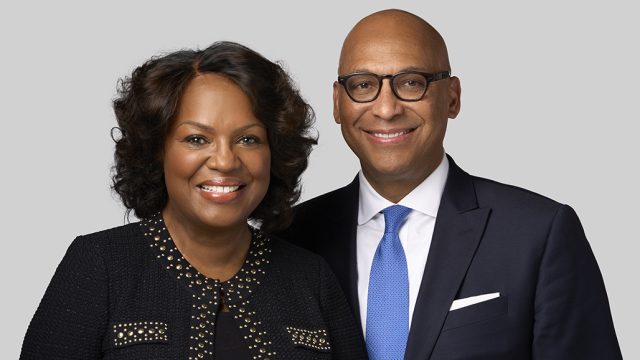Church leaders in Europe reflect on what they learned during their graduate studies.

For centuries, graduation services have involved flowing black robes, tasseled mortarboards, processions, and diplomas.
But not this year.
On May 3 and August 2, 2020, students who had completed the Trans-European Division (TED) Masters of Arts in Leadership program graduated from Andrews University (AU) in Michigan, United States. They wore whatever they wanted and watched their online graduation from their home, their garden, and even the passenger seat of a car.
They saw and heard some familiar aspects of the graduation service—resounding organ music and a heart-soaring rendition of “This Is Our Prayer” by the AU virtual choir. Andrea Luxton gave an inspiring president’s address, encouraging graduates to change the world by being just, showing mercy, and walking humbly with their God. But no marching, no handshakes, and no photographs. One day the graduates will receive their diplomas in the mail, along with their school bill, without any pomp and ceremony.
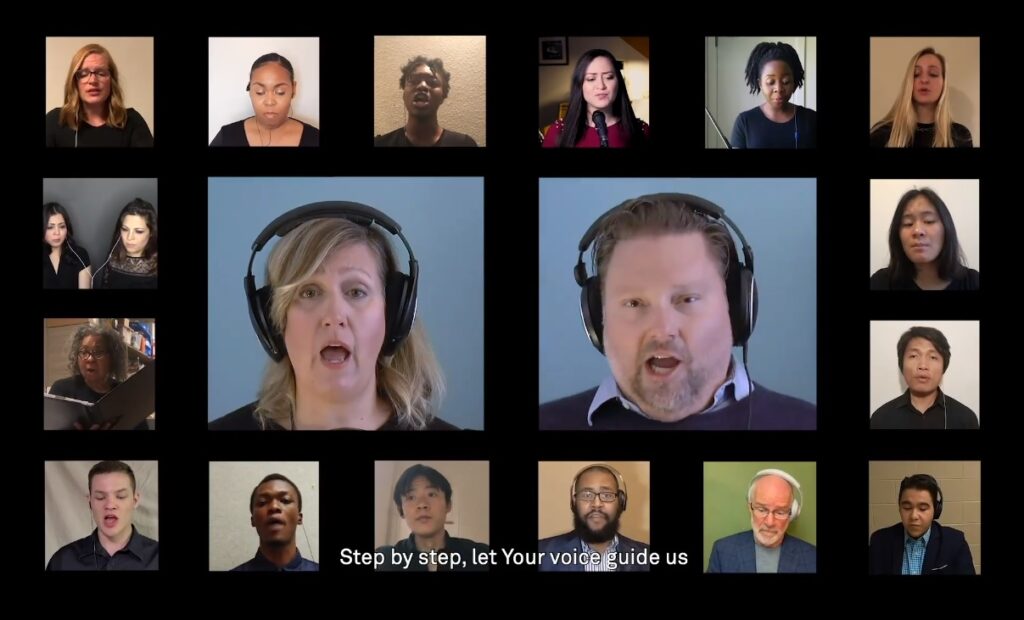
However, the most important aspect of any study program is not the recognition and celebration of the graduation ceremony; it is the way that learning changes the lives of the students and, subsequently, the community in which those students live and work. All of the MA in Leadership students who graduated were required to undertake research or complete a practical project that would somehow enhance their leadership skills and “change the world.”
Below, some of the church leadership graduates share reflections and learning points to inspire others.
Jimmy Botha (Scotland)
Time spent in the classroom and the workplace was supplemented by regular meetings with a close and supportive group of 5-6 other students, known as a Leadership Learning Group. This was where much of our energy was created.
Any leader is a leader by vocation, and leadership is not something that can just be added on to your regular working life. This was my realization as I ministered to a small group in Scotland, and as I helped them develop the ability to lead, despite their own beliefs that they would never become leaders. The Leadership program has helped me be more sensitive to the needs and expectations of those I am pastoring and leading.
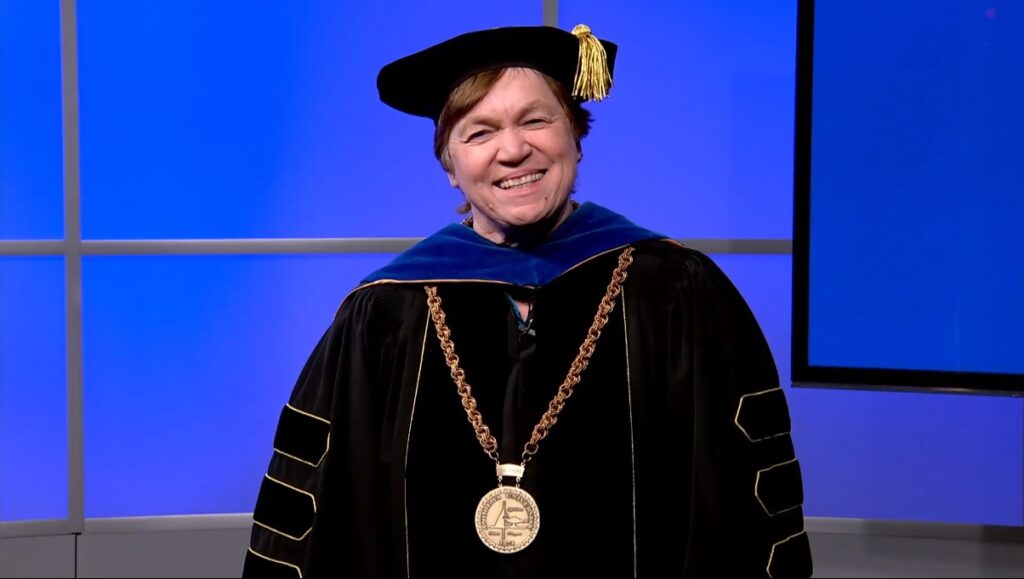
Maja Ahac (ADRA Europe)
When I look back at the last three years, I think the most important lesson I learned was that a leader leads from who she or he is. The MA in Leadership reemphasized for me the crucial importance of understanding my own identity, my purpose, and my guiding values.
My identity, because the more I am aware of my Father’s love toward me as His beloved daughter, the more I can give to others. My purpose, because I cannot lead others without having clarity about my purpose for existence. And my guiding values, because if I am not guided by values, I cannot make proper and wise decisions.
Alla Nõmmik (Estonia, Baltic Union)
The MA in Leadership has helped me in many ways. When I worked in the Baltic Union, it was very helpful to request written feedback (one of the course requirements) from the participants of the projects that I organized. Then I could analyze their feedback, reflect on the events, and find ways to improve my leadership skills.
Karen Holford (Family Ministries director, TED)
Like my fellow students, I learned so much from my leadership studies that have helped me in my life and my ministry. Completing my research project was especially inspiring and encouraging. I had been looking for different ways to strengthen the marriages and families in the TED. So, when I selected the topic for my research thesis, I decided to study the effect of a short online course in marriage mentoring on the pastoral couples who took the training. The relationship of every couple who participated in the study improved in almost every area, especially communication, conflict resolution, and intimacy.
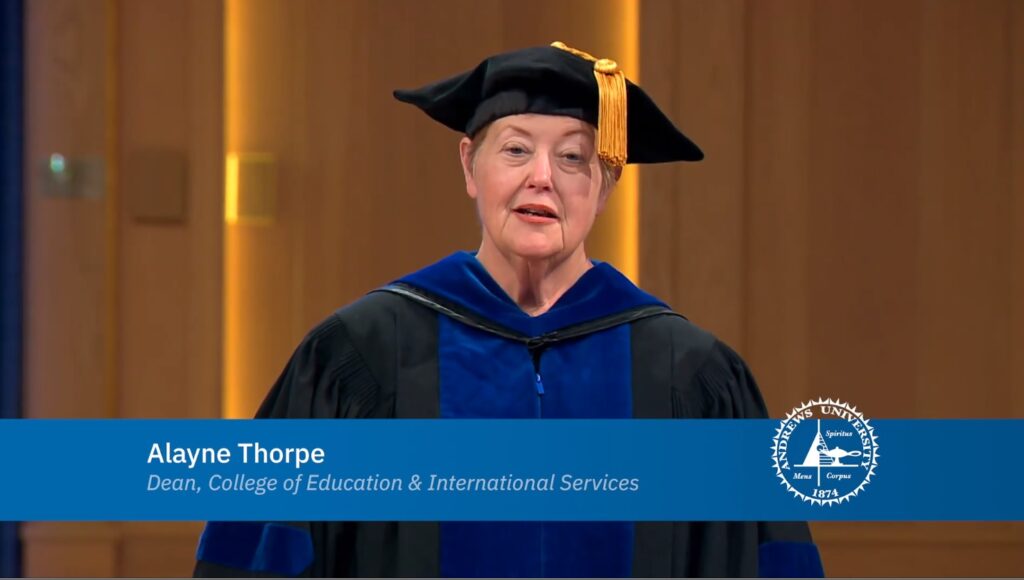
Dwight van Ommeren (Netherlands)
The MA in Leadership helped me deal with my feelings of helplessness when faced with conflict resolution and adversity as a leader. I can now stand firm like a tree and handle challenges, act courageously, and be more assertive. The studies have helped me become a more effective, Spirit-driven, and experiential leader who can influence others towards spiritual maturity. I now have more confidence in my administrative roles as I strive for professionalism.
Marianne Dryud (Norway)
The Leadership program provided me with a deeper understanding of myself as a leader, as I lead from who I am in a team. The MA gave me a sneak peek into different models and leadership styles and whetted my appetite to dig deeper into learning. I learned that, as a spiritual leader, I first need to be connected to God and be grounded in my relationship with Him, before I can be a credible leader in the church.
The original version of this story was posted on the Trans-European Division news site.


